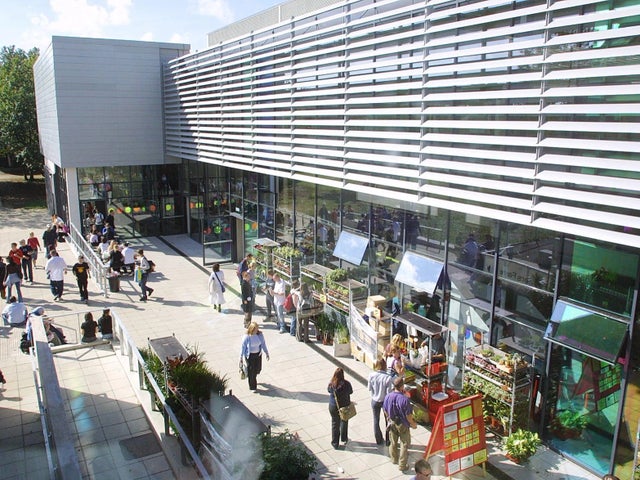Your Union menu
Build Confidence
The Students’ Union is an independent charity that exists to advance your education at the University of Portsmouth through a range of exciting services and activities. Our mission is to have a positive impact with every Portsmouth student: Students are heard, students are empowered, students thrive.
Elections menu
information
The Students’ Union Elections.
Get Advice menu
Get Advice
Campaigns and Info
At UPSU's Advice Service, we offer confidential, impartial and non-judgemental support on a range of academic and university issues that may affect your experience. Our team of trained advisers are on hand all year round to offer help where it's needed. The independent service works closely with the University of Portsmouth to resolve issues and ensure students are treated fairly.
Representation menu
UPSU are here to represent every student at the University of Portsmouth. We have many ways you can express your student voice, including: our Course Rep system, Have Your Say, Student Council, StART, Hot Topic, Annual Survey, Focus Groups, and more! Click on the tabs to learn more about each platform regarding Representation! You can also see a summary of our research by clicking on the UPSU Research & Data page.
Student Groups menu
Contact Us
Student Groups are a great development opportunity and a great place to find new friends, build a community and have a sense of belonging whilst at University!

LGBTQ+ History Month - Week 3
LGBTQ+ History Month takes place annually to raise awareness of the ongoing struggles faced by the LGBTQ+ community. Join us in this article to learn about those that fought and still fight for LGBTQ+ rights.
- Posted Fri, Feb 21, 2025 8:00 AM

In the second week of LGBTQ+ History Month we commemorated Lorde, Gittings, Sanders and Lady Phyll. This week we continue to honour those who fought for LGBTQ+ equality.
Beyond Reflections - A charity working to create a safe community for trans+ people and their allies. The charity is designed to provide support for the community. They provide various support services, including support groups, 1-2-1 support, counselling, safe social spaces, activity groups and practical support and advice.
Charlie Craggs (1992-present)
British transgender activist and author who started the Nail Transphobia project where Craggs offers free manicures to people and talks to them about issues facing transgender people.
Born on a council estate, Craggs struggled with gender dysphoria but understood that it was possible to transition when Nadia Almada won the fifth series of Big Brother in 2004.
Her Nail Transphobia project grew and became a pop-up salon at different events and locations. In 2015 and 2016, she was featured in the The Independent and The Observer newspaper.
In 2017, she published her first book, To My Trans Sisters, a collection of letters by successful trans women. Craggs also started a campaign in 2018, to include the transgender flag emoji in Unicode which succeeded in 2020.
In 2022, Craggs landed one of the leading roles in the Doctor Who spin-off podcast Doctor Who: Redacted, making her the second transgender companion in the show’s history.
Sources: LGBTQ+ activists you should know & Charlie Craggs
Alan Turing (1912-1954)
Widely considered to be the father of theoretical computer science. He was an English mathematician, computer scientist, logical, cryptanalyst, philosopher and theoretical biologist.
Born in London, Turing was raised in southern England. He graduated from King's College, Cambridge and earned a doctorate degree from Princeton University.
During World War II, he led the section responsible for German naval cryptanalysis. He was dedicated to breaking the Enigma code - a secret code used by the Nazis to write to each other. He invented the universal machine which was the world’s first computer, which could check all the possible answers to the Enigma riddle and solve it automatically. This provided the Allies with a great advantage that was used to defeat the Nazis.
After the war, Turing designed the stored-program computer and wrote on the chemical basis of morphogenesis, predicting oscillating chemical reactions.
In 1952, Turing was prosecuted for homosexual acts. He accepted hormone treatment as an alternative to prison. This made him miserable. He died just two years later, from cyanide poisoning - ruled as suicide by investigators but there is some evidence of accidental poisoning. In 2013, Queen Elizabeth II granted Turing a pardon.
Much of Turing’s work was covered by the Official Secrets Act. He died without anyone knowing about his secret work that helped save thousands of lives. However, now he is famous to the public for what he did during the war, and is appreciated all around the world.
Source: Alan Turing
Josephine Baker (1906-1975)
An openly bisexual singer, actor, and performer who fought for equity for queer people, women, and people of colour throughout her life.
Born in St. Louis Missouri, Baker grew up in a low-income area where she took in laundry to increase the income of her family. Her hands were burned when the young girl put too much soap in the laundry. At 11, she was terrified by an act of racial violence where she watched homes being burnt and people were running for their lives. She started to make a living with street-corner dancing and married her second husband at the age of 15. Although they divorced, she kept using his last name professionally.
Baker became famous in France in her twenties for her dancing. She is famous for her performance in the Danse Sauvage where she wore a skirt of strung-together artificial bananas.
Eventually, Baker became a legal citizen of France, giving up her American citizenship after marrying a French man.
She was one of the most successful African-American performers on the stage in France, which she used to the benefit of the Civil Rights movement. Baker refused to perform at segregated venues and spoke at the 1963 Civil Rights March where she was offered a leadership role within the movement.
Baker adopted 12 children of different ethnicities and referred to them as “The Rainbow Tribe”, a model for racial diversity that the world at large should follow.
In August 2019, Baker was introduced in the Rainbow Honour Walk - a walk of fame in San Francisco noting LGBTQ+ people who have made significant contributions in their fields.
Sources: LGBTQ Pride Spotlight: Josephine Baker & Josephine Baker
Share Post
Post Tags
Latest Posts
Contact Us
-
Call: 023 9284 3628
-
Email: hello@upsu.net
-
-
Useful Links
Social Accounts

The University of Portsmouth Students’ Union has a vision of creating a positive impact with every Portsmouth student during their time at University.



